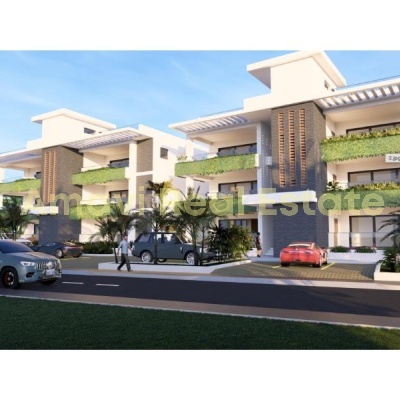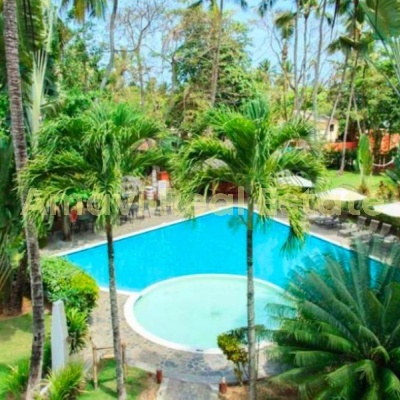
Buying a house in the Caribbean is an exciting opportunity. However, it requires careful planning and thorough research. Here are 10 essential tips to help you successfully navigate the process:
To start, it’s crucial to understand the real estate market in the specific Caribbean region you’re interested in. Keep in mind that prices, property types, and regulations can vary significantly between islands. Therefore, doing your homework is key to finding the best investment opportunities.
Next, make sure to work with local real estate agents and legal professionals. These experts understand the nuances of buying property in the Caribbean and can provide invaluable guidance throughout the process. Consequently, their local knowledge can help you avoid common pitfalls.
Moreover, consider your primary reason for buying the property. Are you looking for a vacation home, an investment opportunity, or a permanent residence? This decision will influence several factors, including location, amenities, and budget. Thus, having a clear goal will streamline your property search.
In addition, take the time to visit different islands and neighborhoods. Experiencing the local vibe, amenities, and lifestyle firsthand is essential. This will not only help you make a more informed decision but also allow you to explore various communities to find the best fit for your needs.
Equally important is understanding the property ownership laws in the Caribbean country you’re considering. Some countries restrict foreign ownership or have specific requirements for non-residents. Therefore, it is vital to research these regulations early in the process to avoid any legal complications later on.
Furthermore, create a comprehensive budget that includes all costs associated with buying a house. These costs may include closing costs, taxes, insurance, and ongoing maintenance expenses. Additionally, be realistic about what you can afford and factor in extra expenses unique to island living.
Before finalizing the purchase, always hire a qualified inspector to assess the property’s condition. This step is crucial as it helps identify potential issues or hidden costs, protecting you from unforeseen expenses post-purchase.
Moreover, it’s essential to thoroughly review all legal documents related to the property purchase. These documents include title deeds, zoning regulations, and any homeowners’ association agreements. Seeking legal advice can help ensure everything is in order, thereby preventing future legal complications.
Also, think about the long-term resale potential of the property. Factors such as location, amenities, and market trends can significantly influence its future value, especially if you plan to sell it later. Therefore, considering resale value now can save you headaches down the road.
Finally, immerse yourself in the local culture and community. Building relationships with neighbors and participating in local events can greatly enhance your Caribbean living experience and make your transition smoother. Moreover, embracing local culture helps you feel more at home in your new environment.
In conclusion, buying a house in the Caribbean can be a rewarding experience if approached thoughtfully. By following these tips and conducting thorough research, you can make a confident and informed decision, ensuring a smooth transition into your new home.
—








